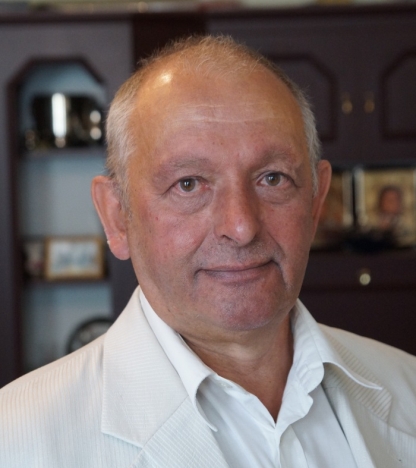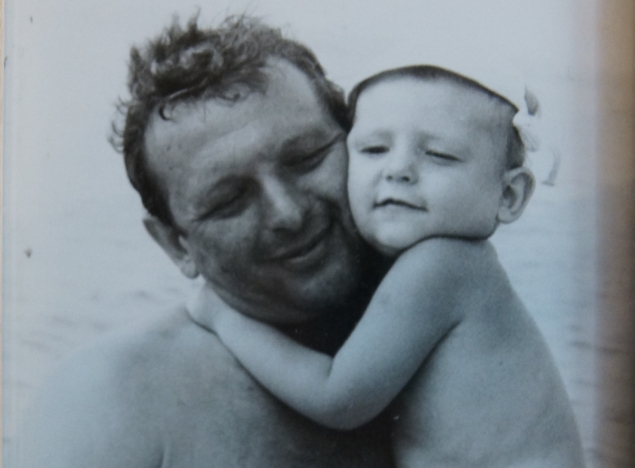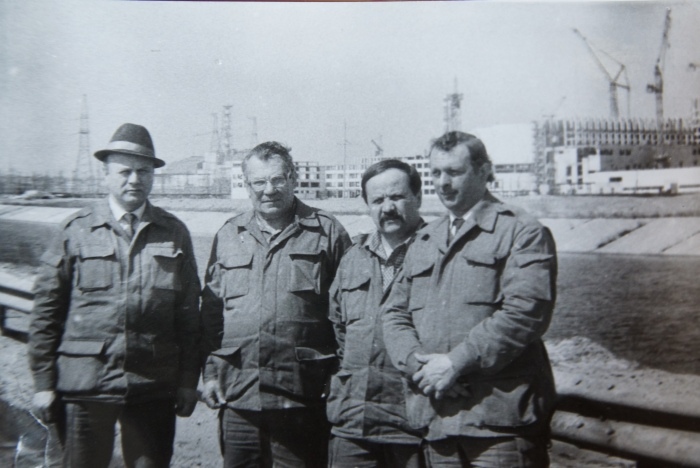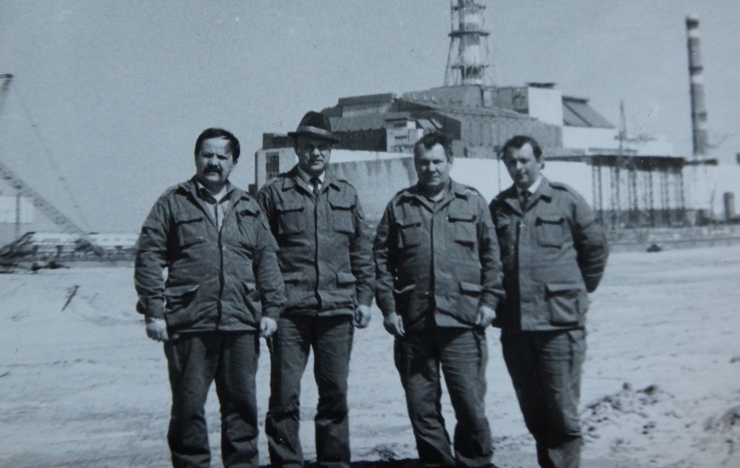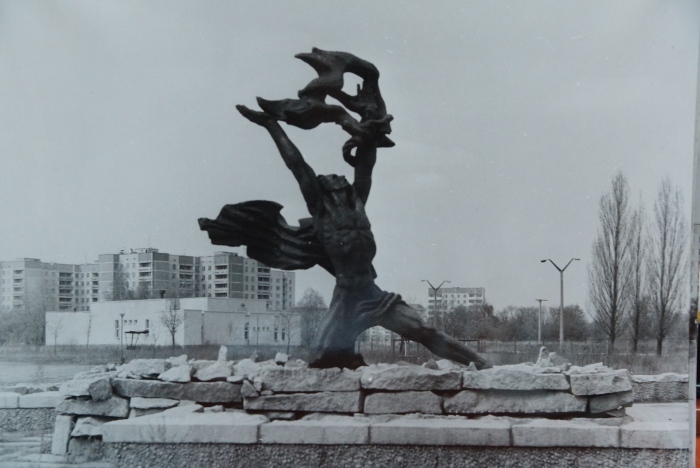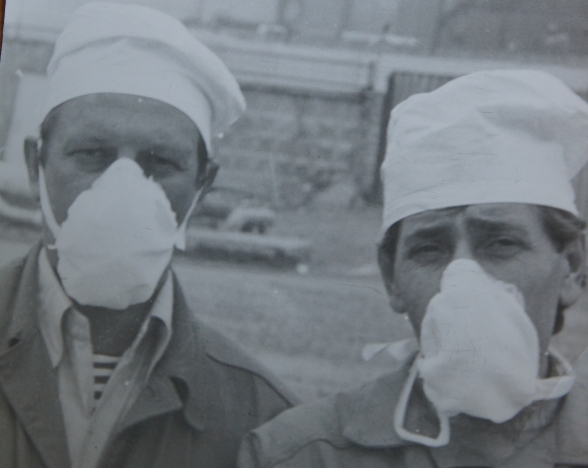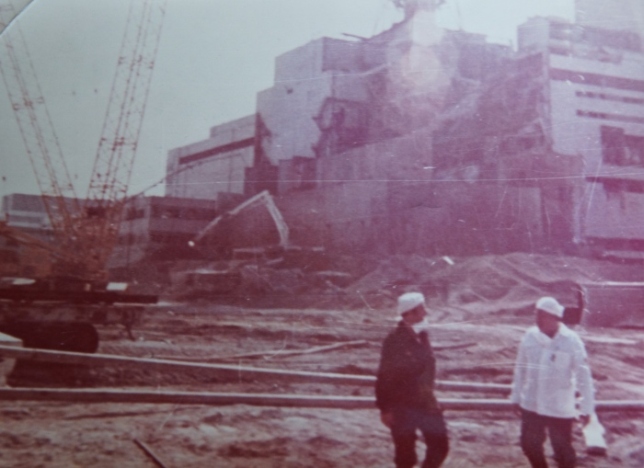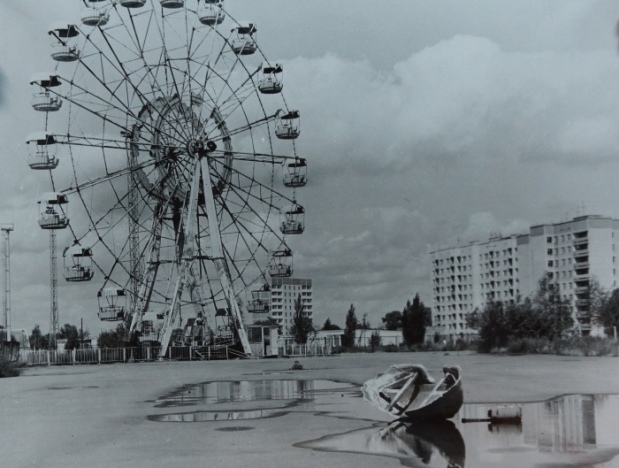Babushka (grandmother) is what the old woman wants to be called, and she lives in a pretty house in the village of Zamoshnya together with her invalid sister.
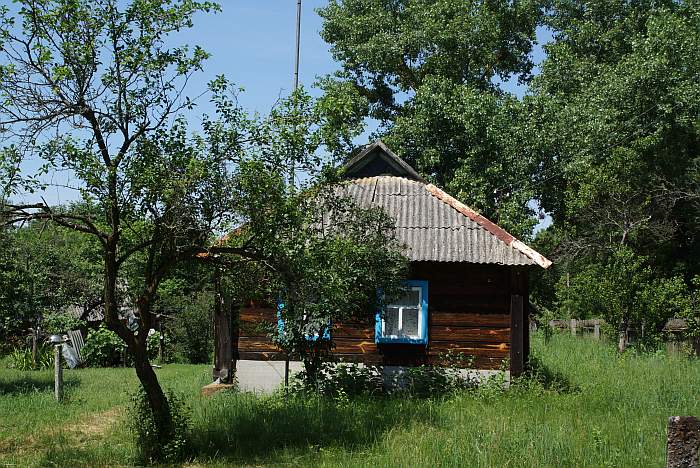 She has long become accustomed to the silence. They are the last two people living here; everything around them has been left to decay. The long-evacuated houses are being swallowed up by the sprawling, young forest. Some are in partial ruins, some still preserve the beauty of their simple architectural style. The opens fields where once grazed cattle have become steppes covered with bushes and young trees. Babushka's garden is well maintained. She hardly notices any more that she has to make her way between two collapsed houses.
She has long become accustomed to the silence. They are the last two people living here; everything around them has been left to decay. The long-evacuated houses are being swallowed up by the sprawling, young forest. Some are in partial ruins, some still preserve the beauty of their simple architectural style. The opens fields where once grazed cattle have become steppes covered with bushes and young trees. Babushka's garden is well maintained. She hardly notices any more that she has to make her way between two collapsed houses.
 In Pureshiv, also located in the evacuation zone, 77-year-old Ivan Ivanovich serves his delicatessens in the garden: homemade bread, homemade vodka and even smoked bacon. He returned in 1988 together with his wife Maria, who is the same age as him. They were told that the area had been decontaminated, and 100 of the former 500 residents followed them back. Most have come to regret it: there were no prospects for a good life any more as the collective farm had been abandoned and there was no work. But Maria and Ivan Ivanovich remained: "It was a temporary existence in the outside world. We had no future there. I grew up in this village, it's where we raised our children. And this is where I will die," says the former mechanic. He wife sits silently by his side. She makes her way from the farm to the stables where she's happily welcomed by the domestic pig. A cat joins in and doesn't want to leave her side. She doesn't like to speak, so the popular toast is left out. Vodka is what soothes the soul. It becomes quiet. Even the birds are now silent. It is the silence of Chernobyl.
In Pureshiv, also located in the evacuation zone, 77-year-old Ivan Ivanovich serves his delicatessens in the garden: homemade bread, homemade vodka and even smoked bacon. He returned in 1988 together with his wife Maria, who is the same age as him. They were told that the area had been decontaminated, and 100 of the former 500 residents followed them back. Most have come to regret it: there were no prospects for a good life any more as the collective farm had been abandoned and there was no work. But Maria and Ivan Ivanovich remained: "It was a temporary existence in the outside world. We had no future there. I grew up in this village, it's where we raised our children. And this is where I will die," says the former mechanic. He wife sits silently by his side. She makes her way from the farm to the stables where she's happily welcomed by the domestic pig. A cat joins in and doesn't want to leave her side. She doesn't like to speak, so the popular toast is left out. Vodka is what soothes the soul. It becomes quiet. Even the birds are now silent. It is the silence of Chernobyl.
Read more:


























